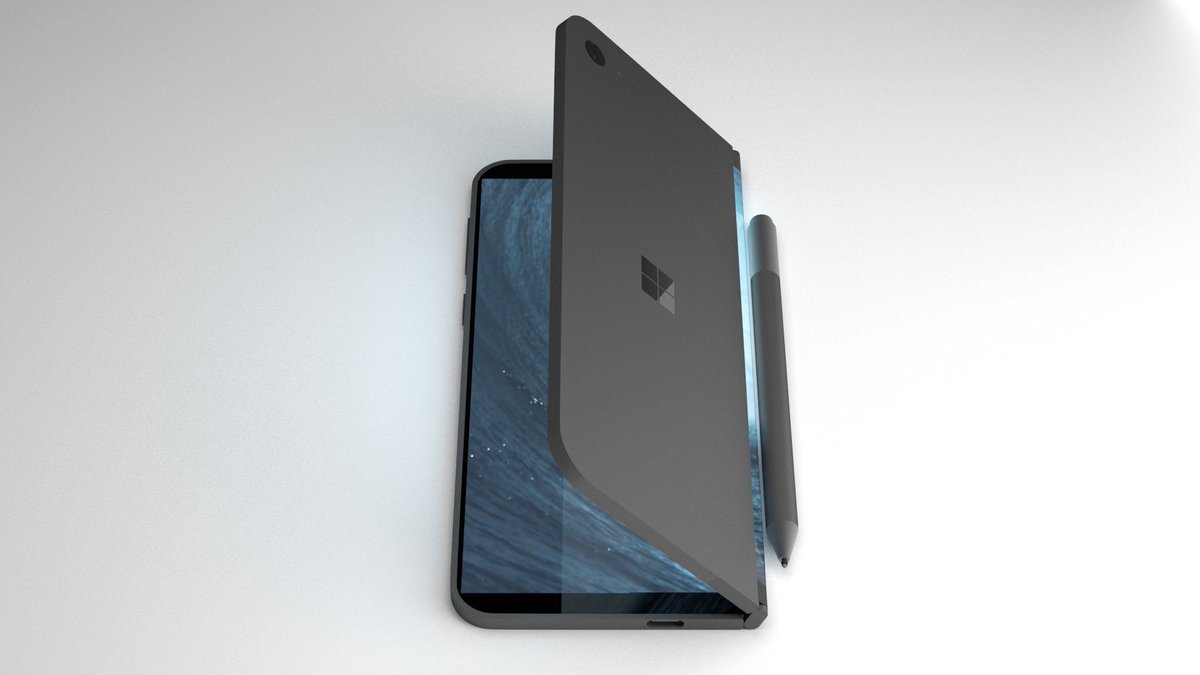- Dec 17, 2013
- 78,511
- 163
- 0

Apple's new iPhones, with powerful processors, evolving AI, advanced machine learning, and more, suggest the time is right for Microsoft's 'Surface Andromeda.'
I've long asserted that slate-shaped smartphones are not phones, but powerful mini tablet PCs that have telephony as just one of their many functions. What we call "smartphones" are consistently used as touch-centric tablet computers and are today's most frequently used "PCs".

Apple's 2007 iPhone started this phenomenon and introduced mere iterative advances until, arguably, 2017's bezel-less, home button-less iPhone X redesign. This iPhone boasted more advanced silicon, A.I., machine learning (ML) and more, and it introduced "the future of the smartphone." (Apple's wording.) Though heaped in marketing bluster, this 10-year milestone device may represent a transition point between what we categorically accept (or what history will define) as "smartphones" and the beginning of something else.
Admittedly, 2018's iPhone X S is an iterative step for iPhone X. But iPhone's "slow and steady" progression from a 3.5-inch phone-internet device-iPod in 2007, to a 6.5-inch "mini-tablet" with PC-like processing power, impressive storage and RAM and advanced A.I., suggest Apple is evolving iPhone into the pocket PC Microsoft failed to launch. If the market embraces the powerful and expensive iPhone's X S and X S Max, perhaps Microsoft should think very hard on how to bring "Surface Andromeda" (though not yet officially confirmed) to market sooner than later.
Full story from the WindowsCentral blog...

